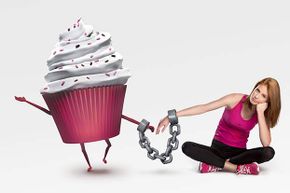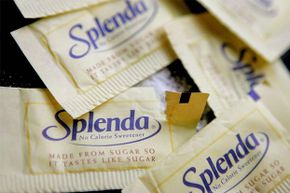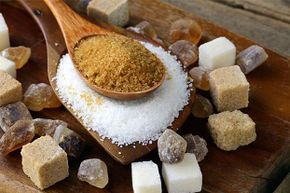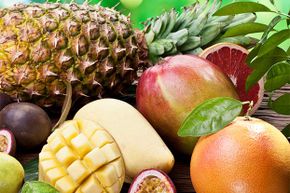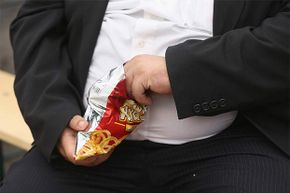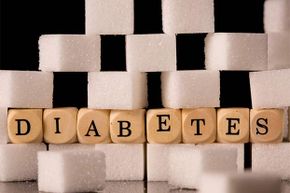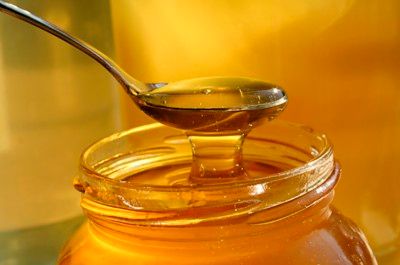Sugar certainly has gotten a bad rap lately. It's blamed for everything from obesity and diabetes to heart disease, kidney disease and stroke. But is it really all that bad? Is there nothing redeeming about those tiny, sweet granules? Or is a lot of what we hear misinformation?
We know one thing for sure. Sugar consumption in America has skyrocketed. In 1990, Americans ate an average of 4 teaspoons (16 grams) of added sugar per day [source: Lustig]. By 2014, that number had shot up to 20 teaspoons (80 grams) daily [source: American Heart Association]. In addition, the U.S. Food and Drug Administration (FDA) says Americans obtain 16 percent of their total calories from added sugars, namely soda, energy and sports drinks, grain-based desserts, sugar-sweetened fruit drinks, dairy-based desserts and candy. The World Health Organization's (WHO) recommendation? We should only be getting less than 10 percent of our daily calories from added sugar. In 2014, the WHO even proposed slashing that recommended rate to less than 5 percent.
Advertisement
Clearly, we need to pay attention to sugar and our consumption rate. But first, we need to learn the truth about our favorite sweetener.

